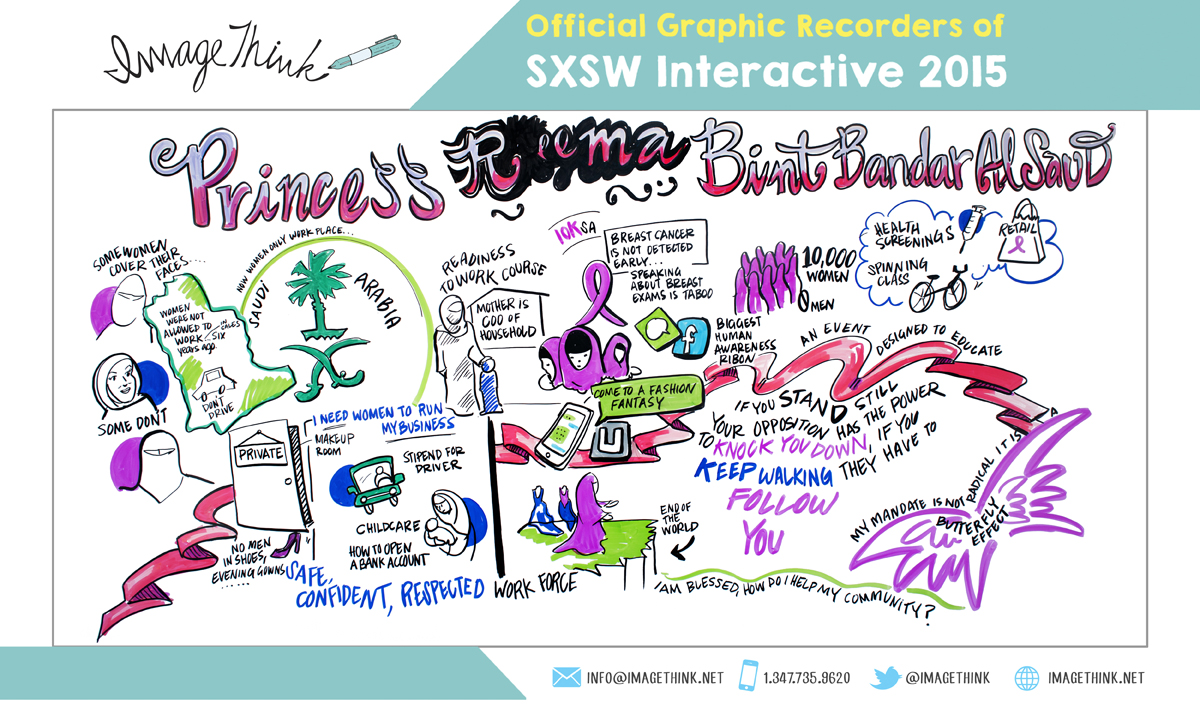I'm looking forward to sharing some the take-aways from the sessions I did attend, but for perspective on the scope of SxSW, here a list of the session I wanted to see, but didn't get to...
- Simple Ways to Massively Increase Your Content #content123
- Neuroplasticity and Tech: Why Brands Have to Change #neurobrand
- New Media Ethics: Journalism in the Age of GIFs #newethics
- The Art and Science of Shareability #shareable
- Do You Know the ROI of WOM? Do You Want To? #ROIofWOM
- The Emperor’s New Wearables #SXstyle
- How to Rock SXSW in 4 Hours #sxsw #timferriss
- NASA New Initiatives in Imagery for Public Use
- Content Marketing vs Don Draper: The End Of Ads #MPost
- Visual Storytelling: The Power of Design + Data #TDSXSW
- UX and The Heisenberg Uncertainty Principle #Heisenberg
- Behind the Social at PBS' Largest Content Provider #WGBHSocial
- How SciFi Drives Marketing In the Exponential Age #sxsw #innovate
- Brand and Deliver: Creating Custom Branded Content #sxsw #branded
- Beyond BFFs: Using Texting to Promote Empathy #T2C
- Picturing Your Big Ideas
- The Quantified Us
- How the Google App Finds Answers Before You Search
- Digital Disruption: Do or Die
- Paid Editing of Wikipedia: Getting Past "Gotcha"
- Storytelling For Dummies: Create a Lasting Brand
- The Road to Character
- Art and Experience: A Future for Creativity
- Are You in a Social Media Experiment?
- Mobile Beyond Marketing: The Era of UnAdvertising
- Personalization for the People
- Harvard Business Review On: How to Hire Superstars
- I Made 180 Websites in 180 Days
- Wearable Drones: High-Flying Fashion
- This Is Your Brain On Visual Data
- Identity In the Future Of Embeddables and Wearables
- Think Outside the Font: How Typefaces Influence
- How CNN and The New York Times Moderate Comments
- Facebook, Twitter and The Future of Free Speech
- Image Creation and Sharing: Practice vs Policy
- The Medium Is the Deliverable
- Princess Reema’s Mission to Empower Saudi Women
- Are Brands Sabotaging Their Own Content?
- Managing a Shit Storm and Restoring Your Brand
- Beyond Marketing: How Curation Will Work for You









